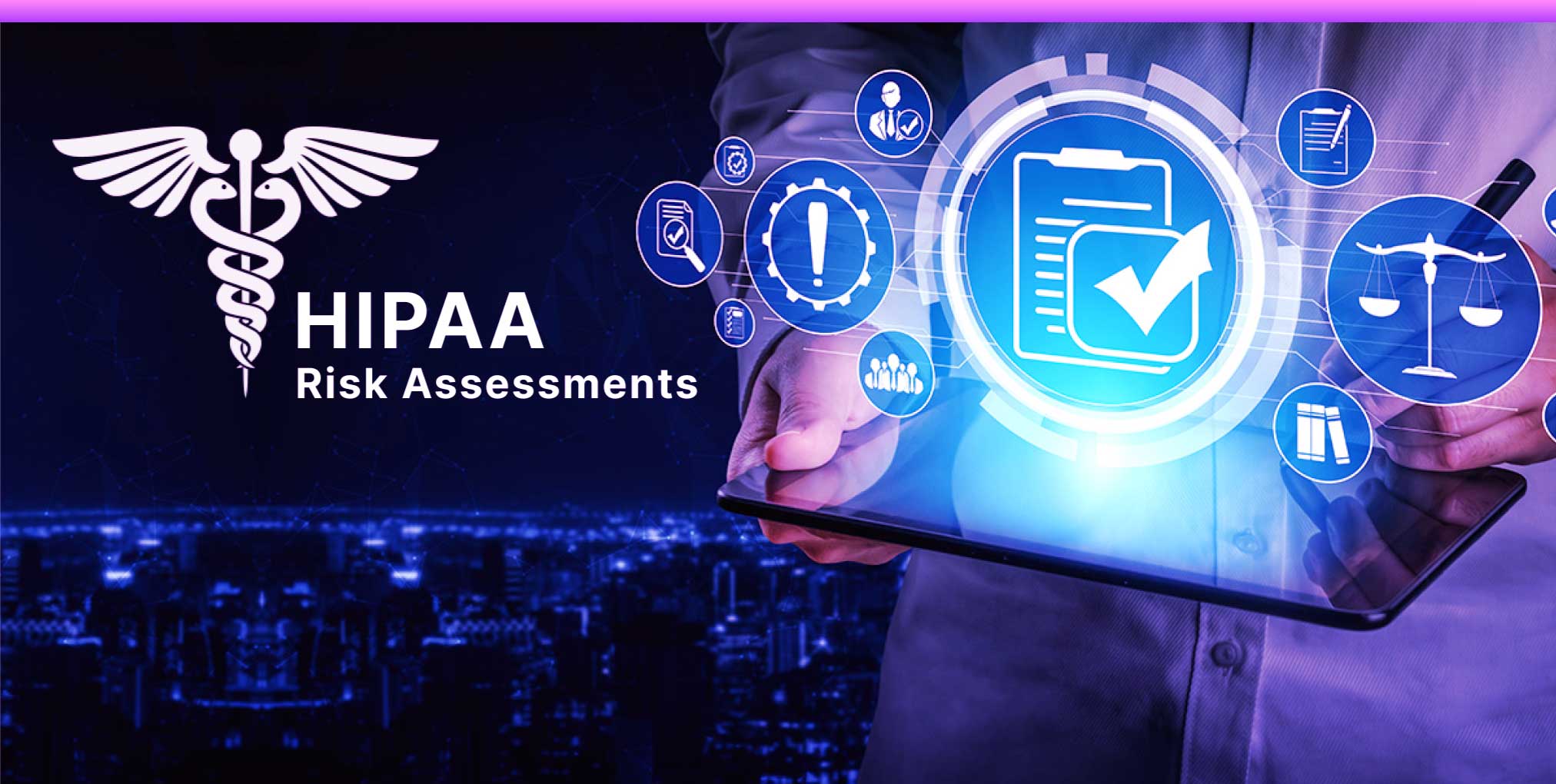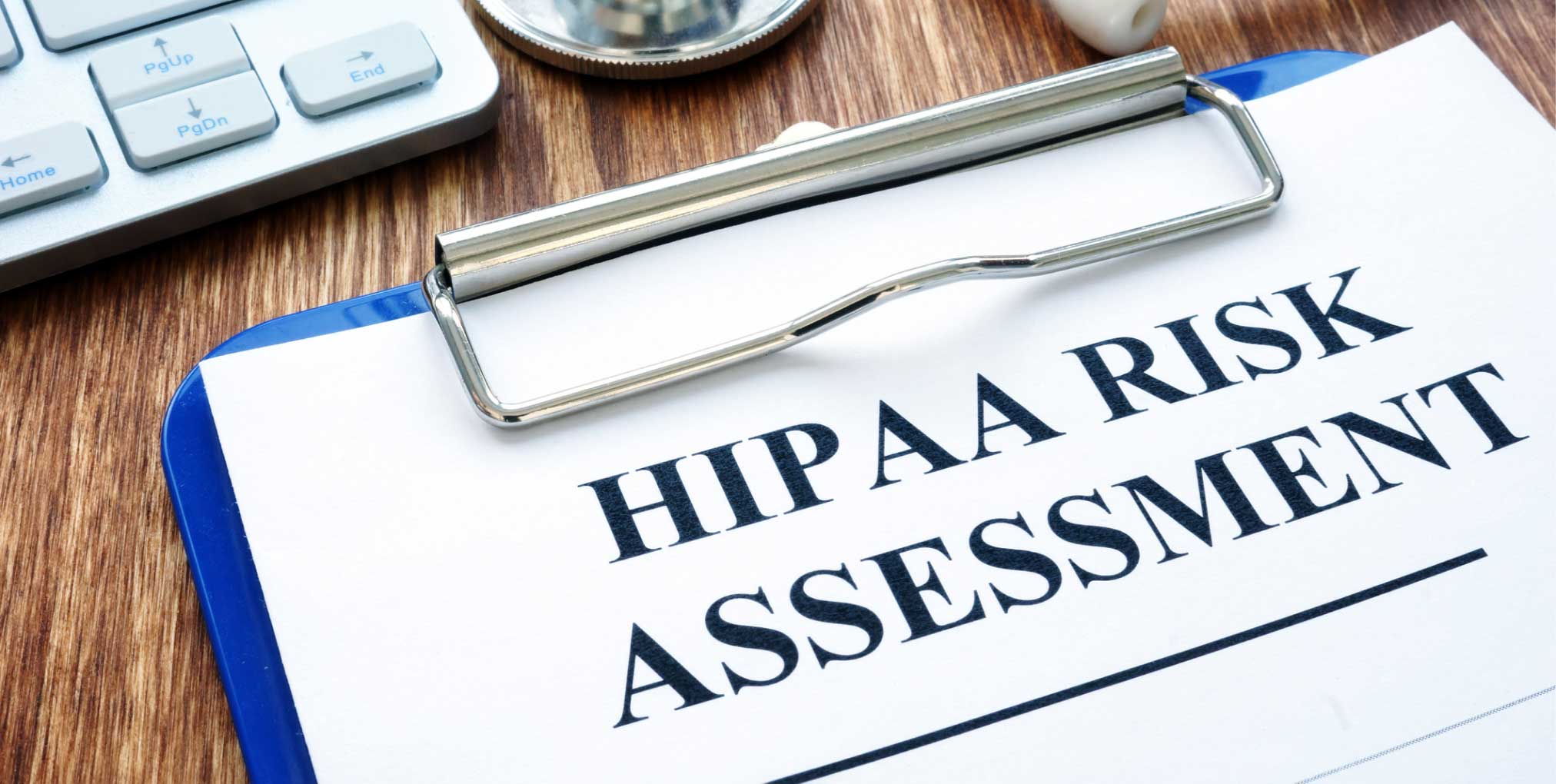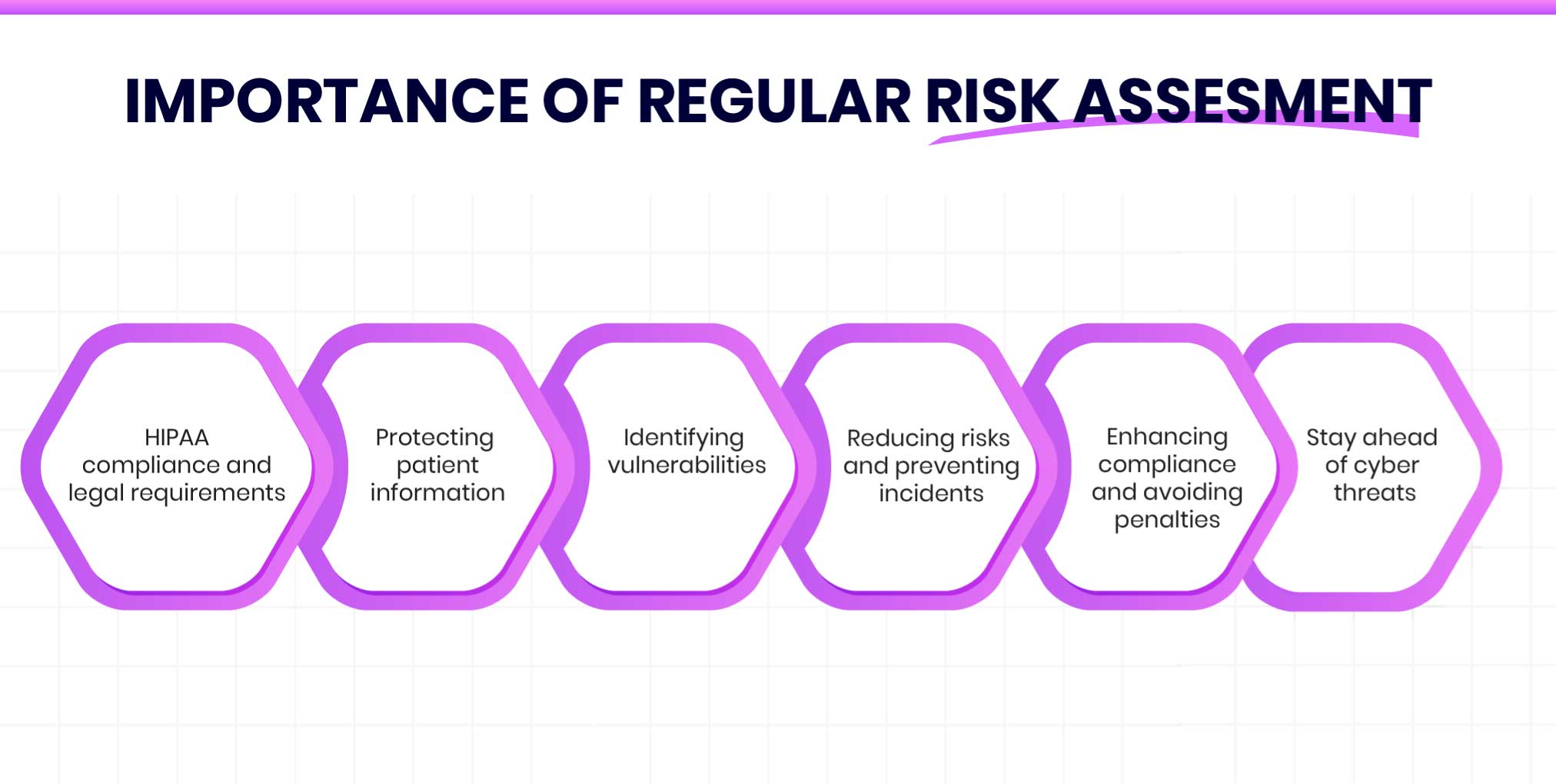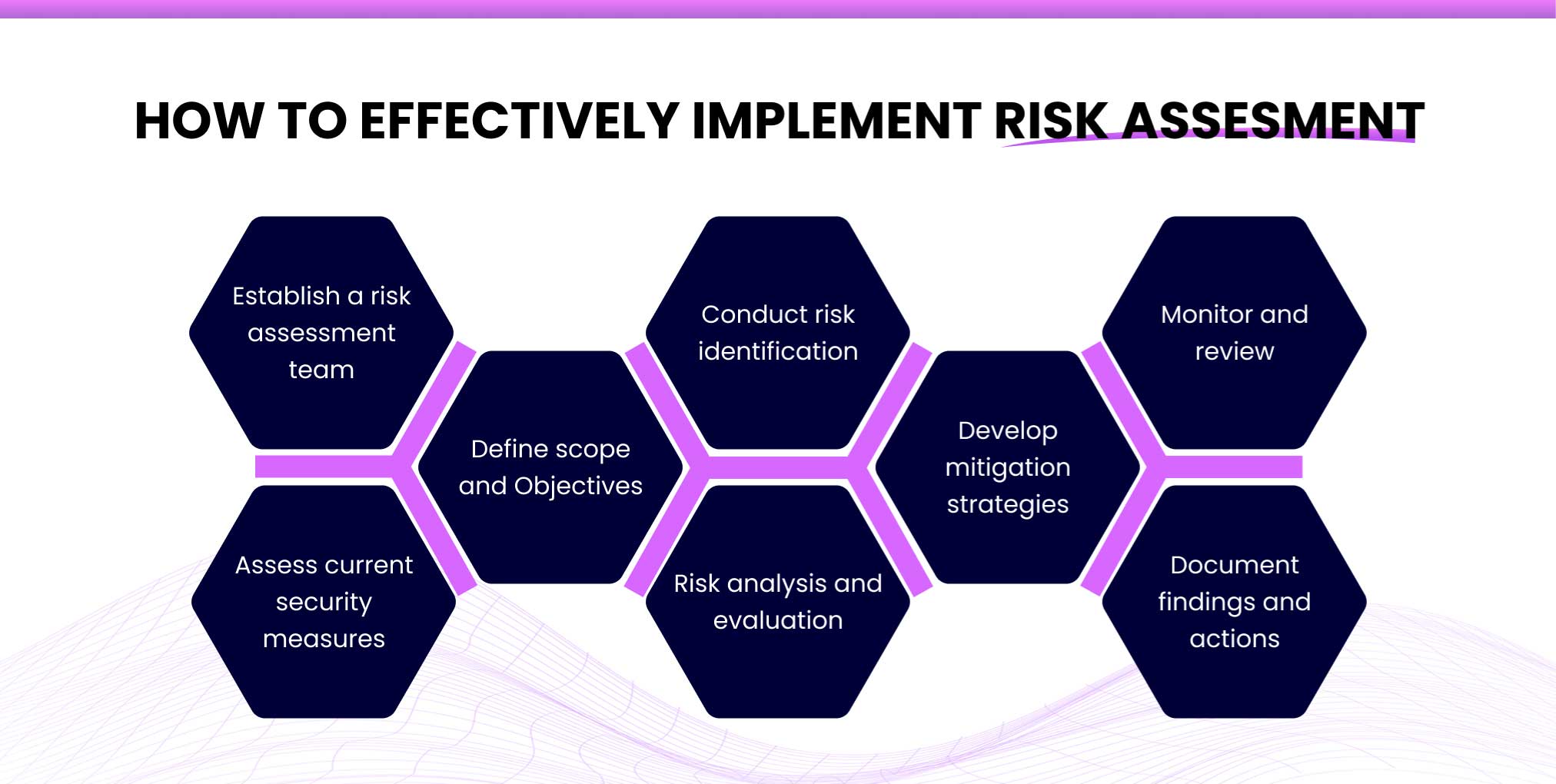

July 5, 2024
HIPAA Risk Assessments are an essential part of maintaining HIPAA Compliance and ensuring the protection of sensitive patient information. In today’s digital age, data breaches and cyber-attacks have become a major concern for healthcare organizations. Therefore, conducting regular risk assessments is crucial in identifying potential vulnerabilities and taking necessary measures to reduce them.
One of the main goals of HIPAA Compliance is to protect the privacy and security of patient’s health information. As technology advances, so do the methods used by hackers to access this valuable data. This makes it a must for healthcare organizations to conduct periodic risk assessments to stay on top of potential risks and prevent data breaches.
To effectively implement HIPAA risk analysis, healthcare organizations must have a comprehensive understanding of the compliance requirements and regulations. This includes having a thorough knowledge of the HIPAA Privacy Rule, Security Rule, and Breach Notification Rule.
In addition to this, organizations must also be aware of any updates or changes made to these rules. HIPAA compliance solutions such as security policies, encryption tools, access controls, and employee training can help organizations effectively implement risk assessments.
In this blog, we will discuss the importance of conducting regular HIPAA risk assessments and how to effectively implement them in your organization.

A HIPAA risk assessment is an essential component of the HIPAA compliance process. It is a systematic evaluation of potential risks and vulnerabilities that could compromise the confidentiality, integrity, and availability of electronic protected health information (ePHI). The assessment identifies potential risks to ePHI and evaluates existing security measures to address these risks.
HIPAA risk assessments are crucial for healthcare organizations as they help in meeting HIPAA compliance requirements. They also provide insights into potential threats and vulnerabilities that could lead to data breaches or unauthorized access to patient information.

HIPPA privacy risk assessment is crucial for maintaining HIPAA Compliance and to ensure the protection of patient information. Here are some key reasons why conducting them regularly is essential:
Under the Health Insurance Portability and Accountability Act (HIPAA), conducting regular risk assessments is mandatory. These assessments help healthcare organizations identify vulnerabilities in their systems and processes that could lead to unauthorized access or data breaches.
HIPAA regulations mandate the protection of patients’ health information (PHI). Conducting regular risk assessments ensures that PHI is adequately secured against potential threats, including cyberattacks, physical theft, or unauthorized access.
Through systematic risk assessments, organizations can pinpoint vulnerabilities in their IT systems, infrastructure, and operational procedures. This proactive approach allows for timely remediation measures to be implemented before vulnerabilities are exploited.
Organizations can implement effective risk management strategies by regularly assessing risks and following HIPPA best practices. This includes updating security protocols, training staff on cybersecurity best practices, and investing in technologies that enhance data protection.
Regular HIPAA Risk Assessments demonstrate a commitment to HIPAA compliance. This dynamic stance can help organizations avoid costly fines and penalties associated with non-compliance.
With technology advancing at a rapid pace, new cyber threats emerge every day. Regular HIPAA compliance assessments help organizations stay updated on these threats and take necessary measures to protect their data.

To reap the benefits of HIPAA Risk Assessments, healthcare organizations must ensure they are conducting them effectively. Here are some tips for implementing effective risk assessments:
Form a dedicated team responsible for overseeing the risk assessment process. This team should include IT professionals, compliance officers, and legal experts familiar with HIPAA regulations.
Clearly outline the scope of the risk assessment in a HIPAA compliance checklist, including the systems, processes, and assets to be evaluated. Define specific objectives, such as identifying vulnerabilities related to PHI storage, transmission, and access.
Identify and document potential threats and vulnerabilities that could compromise PHI. This includes assessing both internal risks (e.g., employee negligence, inadequate access controls) and external risks (e.g., malware, hacking attempts).
Evaluate existing security controls and measures in place to protect PHI. This assessment should consider technical safeguards, physical security measures, administrative controls, and policies related to HIPAA compliance.
Quantify the likelihood and potential impact of identified risks. Prioritize risks based on their severity and likelihood of occurrence, considering both immediate threats and long-term vulnerabilities.
Develop and implement mitigation strategies to address identified risks. This may involve updating security protocols, enhancing employee training programs, implementing encryption technologies, or improving access controls.
Continuous monitoring and regular review of the risk assessment process are essential. Ensure that implemented mitigation strategies are effective and that new risks are promptly identified and addressed.
Maintain comprehensive documentation of the risk assessment process, including findings, actions taken, and ongoing risk management efforts. Documentation is crucial for demonstrating compliance during audits and inspections.
Regular HIPAA risk assessments are a crucial component of maintaining compliance and protecting patient information. They help organizations identify potential risks, implement preventive measures, and improve their overall security posture.
By following best practices for conducting effective HIPAA privacy risk assessments, healthcare organizations can ensure the confidentiality, integrity, and availability of sensitive information within their systems.
Organizations need to prioritize regular risk assessments as part of their ongoing efforts to maintain HIPAA compliance and protect patient data. By doing so, organizations can not only protect sensitive information but also enhance their reputation and maintain the trust of patients and partners.
Additionally, regular HIPAA risk analysis helps organizations stay ahead of evolving cyber threats. Staying prepared ensures they are implementing necessary security measures to prevent data breaches and other security incidents.